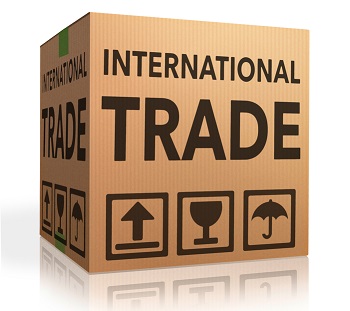Companies that operate internationally, proved better able to cope with economic crisis in terms of employment
By: Together Abroad 17-10-2014
Categories:Business news,

Fewer job losses in export business
Since the beginning of the recession in 2008Dutch companies operating internationally have lost significantly less jobs lost compared with other companies operating on the inner market. This reports the Central Bureau of Statistics (CBS) on Friday.
Between 2008 and 2009, the crisis had relatively little impact on Dutch employment market and the companies focused on the inner were in an equal situation as the companies performing internationally. However already between 2011 and 2012 the number of jobs has decreased within the companies which were not operation on the international market or had no access to foreign investments
"In terms of employment the companies that operate internationally, have proven to be able to better cope with economic crisis," according to the CBS.
2.2 million jobs
Compared to 1988 the number of jobs has increased considerably thanks to the export of services; 400 thousand jobs to more than 800 thousand in 2012 These are not just new jobs; there has been a shift from non- export related jobs to jobs that became related to the export , especially mainly in agriculture and industry.
International trade was in 2012 accounted for more than 2.2 million jobs. In 1988 this was only 1.5 million jobs, a growth of 50 percent in 25 years.
The number of full-time jobs has grown in 25 years by 40 percent due to the export of goods and services.
This increase is almost twice as large as the growth in employment through domestic consumption.
Higher salary
Dutch companies in foreign ownership offered their employees in general higher salary than local companies.
The highest salaries were earned in American, Finnish and Japanese companies, established in the Netherlands. This is also because they are more active in better paid industries; an employee at a German bank in the Netherlands earnes more than a worker in a hairdressing salon . But even when taking into account differences in eg industry, company size, international activities and personal characteristics such as age or gender, the fact remains, that there’s an average difference in salary is still 10 percent.